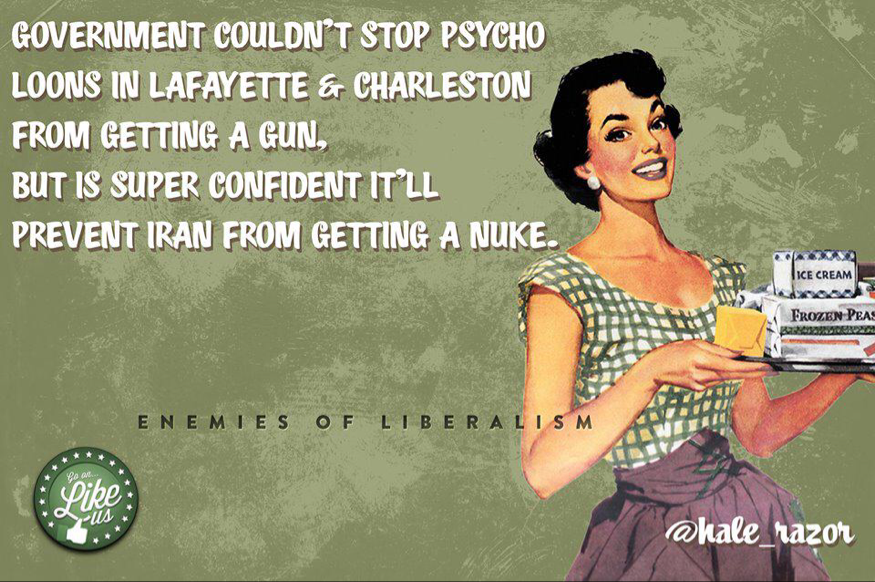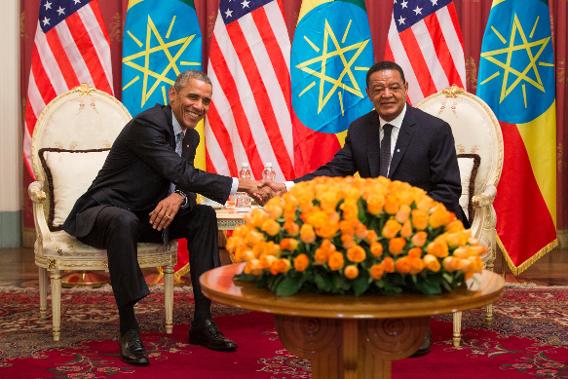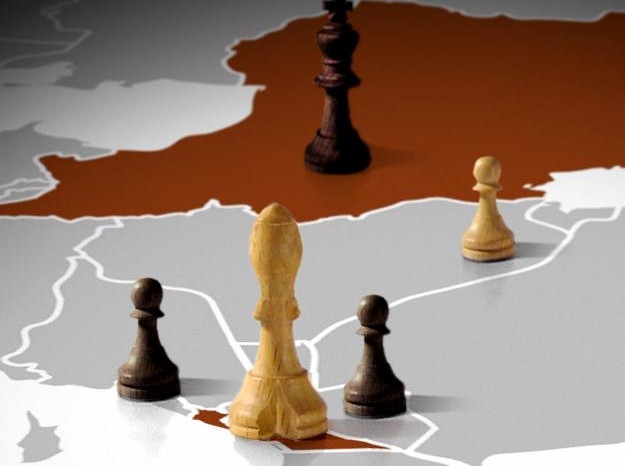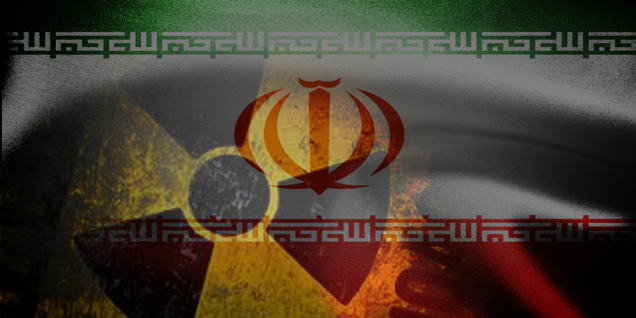Over the years that the P5+1 negotiations with Iran were going on, the US government often attempted to quell the concerns of its citizens by claiming that it recognised that no deal was better than a bad deal. This week they went back on that logic, signing up to a bad deal.
Britain, of course, is equally culpable. The UK government has also signed up to the Vienna agreement. But it is America’s signature and the current US administration’s push to make a deal – any deal – that was the driving force behind this agreement and the US administration which must take responsibility for this terrible deal.
It is a remarkable fact that it was the American government which was the one pushing this deal from the outset. In fact throughout the negotiations it was clear – and clear to the Iranian partners to the negotiations – that America seemed to want a deal more than Iran did. This is striking not least because when Iran came to the negotiating table, it did so from a position of weakness. The American-led sanctions against Iran were hurting the regime. On the streets, the Iranian people were beginning to become bolder in their opposition to the regime which had caused such sanctions to be imposed upon them. But throughout the negotiations it has not been Iran which has looked like the country desperate to make the deal. The country that looked desperate to make the deal was the United States.
How else can one explain the inclusion in the final agreement signed this week of details which were not on the table at the outset? This deal does not only give the Iranians what they wanted in regards to the lifting of sanctions which were hurting their economy. It also lifts the long-imposed sanctions on Iran buying and selling conventional arms. There are, of course, very good reasons for those sanctions. The Iranian government is noteworthy for the use to which it puts conventional weaponry. For it does not only use such weapons to bolster its terrorist proxies including Hezbollah; it uses them on its populations at home whenever they dare to express significant dissatisfaction with the way in which they are ruled.
And the agreement signed this week does not only lift sanctions which affect the Iranian people. They lift sanctions – including on Iran’s acquisitions of missile technology – which have the capacity to affect everybody. There is a presumption – erroneous but prevalent – that Iranian aggression is principally a problem for Israel and that this problem is in some ways containable. Let us ignore for a moment what Iran might be aiming to do with the $150 billion cash bonanza it will be acquiring straight away. Let us pretend that none of it will go to any of its terror proxies. Why then is Iran seeking inter-continental ballistic missile technology? It does not need such missiles to reach Israel.
The US administration is currently spinning that without this deal there would be no way of holding Iran back from developing a nuclear bomb. This is wholly incorrect. What this deal does is legitimise an illegitimate regime, giving it almost everything it wants and trusting that regime will never go back on its word in relation to what it wants next. There is no question that this isn’t a good deal for Iran. But it is a terrible deal for the rest of the world.

FROM THE DIRECTOR’S DESK
This week, I would like to highlight the work of our university campus programme, Student Rights, in analysing the hostile reaction of some students opposed to the UK government’s anti-radicalisation Prevent programme in its new report: Preventing Prevent? Challenges to Counter-Radicalisation Policy On Campus.
That there remains a problem of extremism on campuses is obvious. Student Rights logged 132 extremist events in 2012, 145 in 2013, and 123 in 2014. The speakers featured suggested that there was a Western war against Islam, supported individuals convicted of terrorism offences, expressed intolerance of non-believers and/or minorities, and espoused religious law as a method of socio-political governance. The report also highlights how a number of those convicted of terrorist offences have passed through Britain’s higher education institutions.
Despite this evidence, student activists have claimed Prevent is a racist policy, that lecturers spy on students, that vulnerable people will be stigmatised, and that the expression of controversial ideas will be suppressed unless the programme is opposed.
Part of the reason for this widespread disdain is the malign influence exercised by the narrative of extremist groups targeted by the policy, with over 40 student union leaders signing an open letter attacking Prevent organised by the pro-terrorist group CAGE on 11 July for example.
But part stems from the ignorance of students about the reasons Prevent is required and what the programme’s goals are. This reflects a failure of government and university authorities in articulating these adequately.
The way forward is therefore clear. In order to generate better buy-in for its policies in this area, government needs to be loud and proud about the need for them and that civil society actors who seek to challenge extremist influence on our campuses are supported.
However, government needs partners on campus to assist with message articulation and it is here that campus authorities must do more. University administrations and even student unions have responsibilities for the health and welfare of those of their charges vulnerable to radicalisation. They need to be reminded of these with carrots – or sticks if necessary – and encouraged to play their part in ensuring that our campuses remain places of enlightenment and exploration, rather than of ignorance and fear.
Dr Alan Mendoza is Executive Director of The Henry Jackson Society
Follow Alan on Twitter: @AlanMendoza
 A CNN/ORC poll released today sent an important message to President Obama and Secretary Kerry: the majority of the respondents said Congress should reject the Iran nuclear pact, The poll found:
A CNN/ORC poll released today sent an important message to President Obama and Secretary Kerry: the majority of the respondents said Congress should reject the Iran nuclear pact, The poll found:



